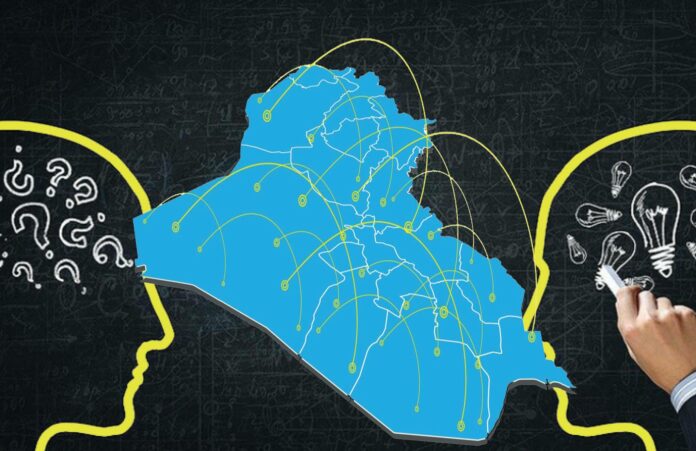Golzar Aghaii-researcher
Soft power and hard power (economic and military) are the main sources of governments’ power in international relations. The concept of soft power was first proposed by Joseph Nye. This type of power includes cultural, ideological, political, and artistic components, democratic values and human rights, scientific and cultural abilities, diplomatic power, knowledge power, and related media power. Also, technological development and increasing global challenges have increased the value of soft power.
Now that Iraq has overcome various internal and external crises, it wants to use stronger measures in its foreign policy than in the past. One of the tools for achieving this goal is soft power. In this regard, Fawad Hossein, Minister of Foreign Affairs of Iraq, emphasized focusing on the sources of soft power in diplomatic work. Because this is the way to achieve the interests of the country and Iraq’s foreign policy. Currently, many internal and external factors affect Iraq’s soft power.
Sources and bases of Iraqi soft power:
The history of Iraq from the earliest settlements in Mesopotamia and the resulting Sumerian civilization – five thousand years B.C.- until today, is an important part of the heritage of humanity. The historical heritage of Iraq is embodied in its ancient civilizations. Mesopotamia still represents the cradle of the first civilizations in global thought. In the minds of Iraqis, the Arabic and Islamic culture and history of Iraq, the capital of the Islamic world in the Middle Ages and its big cities, etc., are important symbols of their national and religious power and pride. Iraq is the source of the main monotheistic religions in the world. Iraq is extremely important and attractive due to the existence of a number of the most important Shia and even Sunni holy places.
Ceremonies like Ashura and Arba’een attract millions of religious tourists. Iraq’s democracy after 2003 has also created positive values throughout the Middle East. In other fields, for example, education, Iraq used to have “one of the best educational systems in the Arab world”. And the number of foreign students in Iraqi universities, after years of isolation and infrastructural damage has increased with advancements in educational methods, research, and international study programs. The high number of Iraqi immigrants can introduce the culture of Iraq to other countries. Iraqis abroad can form Iraqi lobbies and promote Iraq’s view in international forums and countries.













